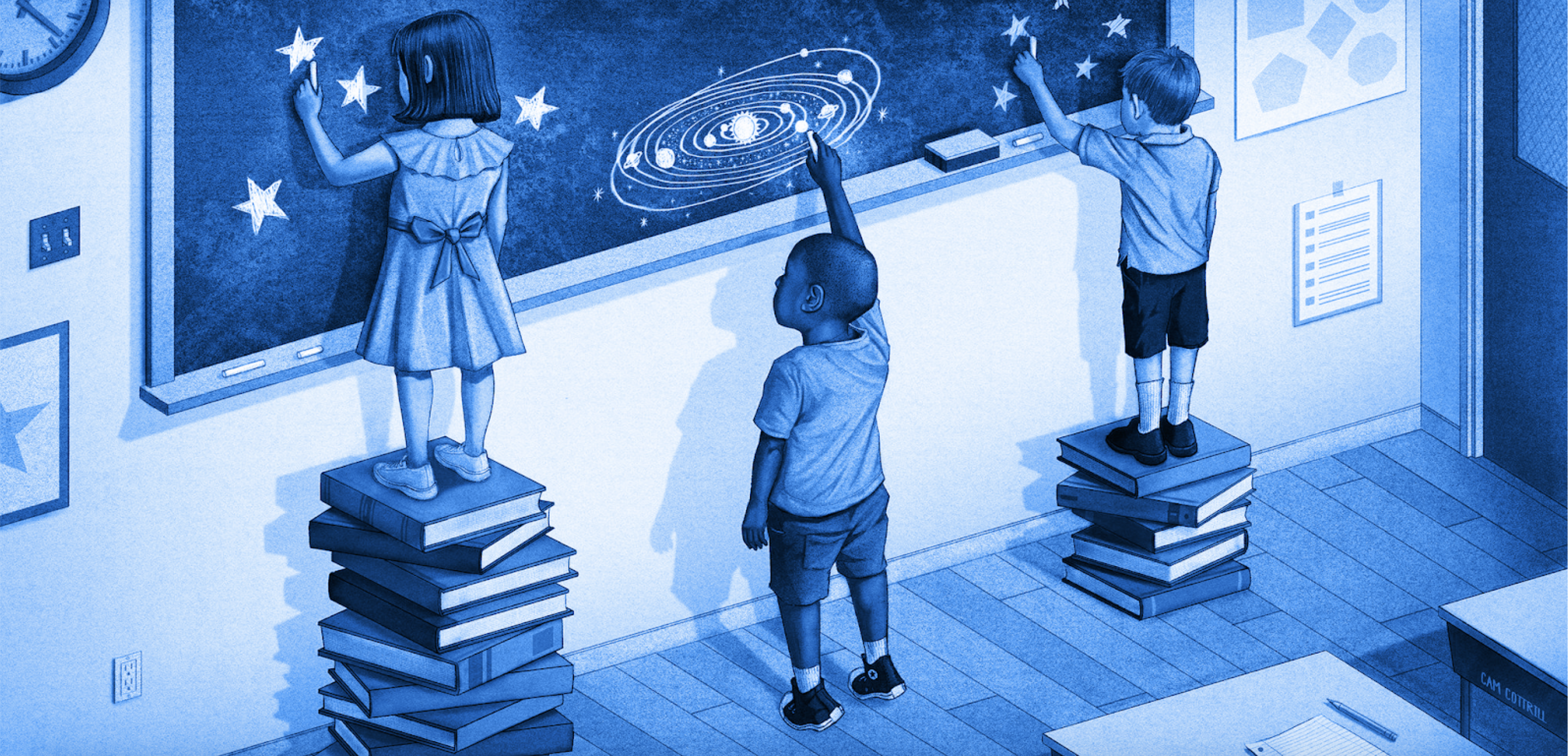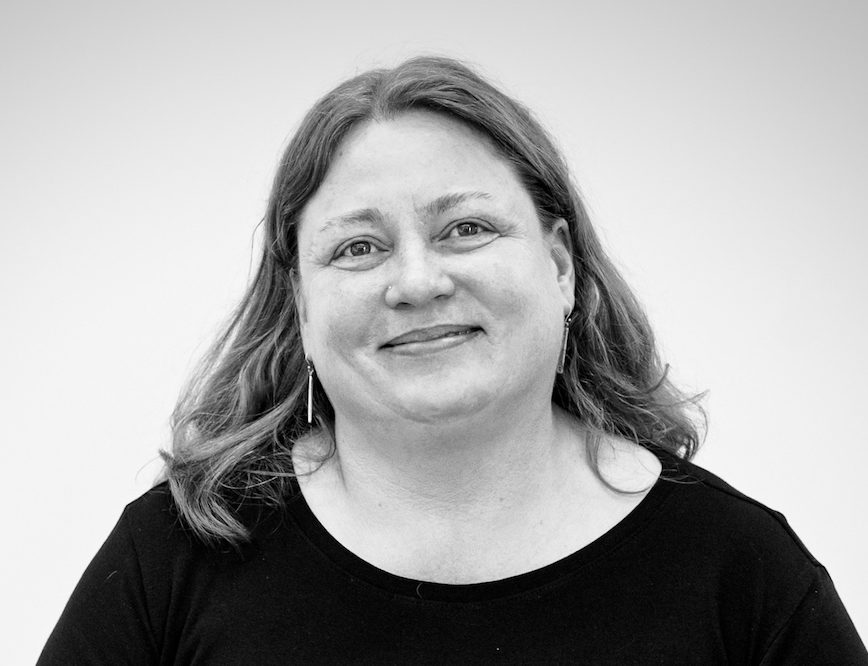Featured, Roddenberry Fellowship
You can’t see what you don’t look at.
DeMar Pitman | September 20, 2019
As I sit and reflect on my past experience as an educator, I am reminded of the immense power that schools have in shaping the way our children view themselves and the world they live in.
Once our kids walk through those school doors in the morning, their delicate and highly impressionable minds are at the mercy of that school’s culture and environment. And that school’s culture and the environment is, more likely than not, a direct reflection of the larger society in which it operates. This is extremely problematic in part because we live in a highly racialized, discriminatory, sexist, classist, ableist, homophobic, xenophobic, and paternalistic society.
In order to embrace and empower all of our students, especially during some of their most formative years, school’s need to be extremely careful to ensure they are actively working to create learning environments that push against all of these insidious and toxic societal forces.
The harsh reality is that the majority of schools don’t. For most schools, these forces go largely unnoticed by school leadership and staff. They are working with a color-blind and meritocratic, playbook. They see themselves as neutral actors.
But in a society with this many social cleavages, neutral actors do not exist.
I started Discriminology because as an educator for almost a decade, I understand that most schools do not mean any ill will towards children. However, if you are driving and hit another car because it was in your blindspot — you’ve still caused damage to the other car.
Our nation’s unresolved historical legacies have caused structural blind spots that permeate across every social structure in our country. If we as educators are not exceptionally intentional about creating a classroom/school culture that seeks to root out these forces, then we will continue to unintentionally contribute to the gross inequities and inequalities that exist in our school system and the larger society as a whole.
About The Author
DeMar is an educator, activist, and self-taught technologist who believes strongly in the power of technology to shrink long-standing equity and achievement gaps. He is the founder and executive director of Discriminology, a non-profit focused on leveraging technology to increase parent, educator and community understanding of educational equity issues.




